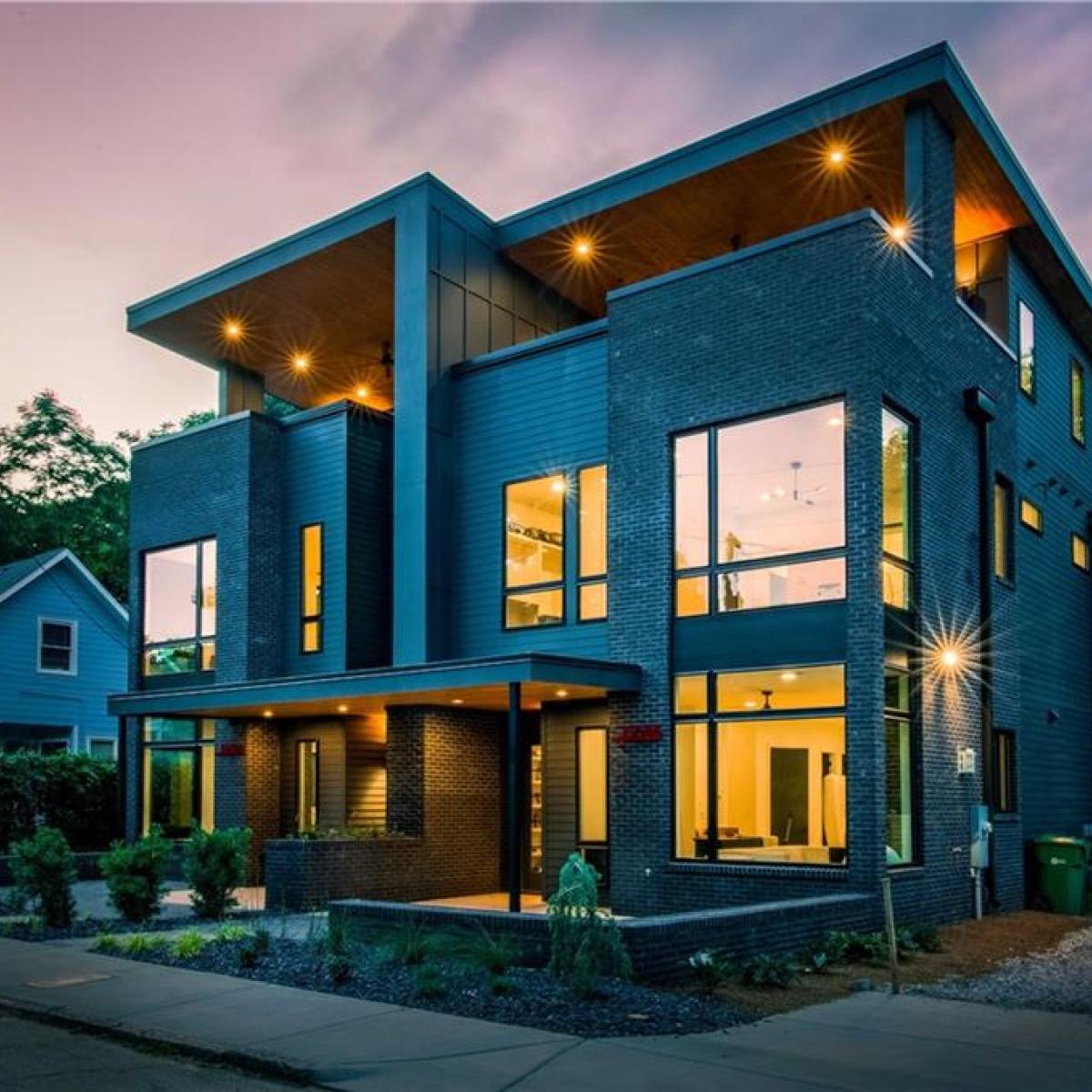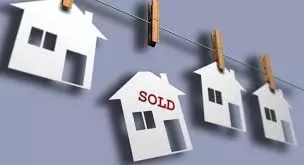Buying a newly built home vs. an older property

When it comes to purchasing a home, one of the first major decisions buyers face is whether to invest in a newly built home or an older property. Both options come with their own sets of advantages and disadvantages, and understanding these can help you make an informed decision based on your personal needs, preferences, and lifestyle. Let’s dive into the pros and cons of each.
Newly Built Homes
Pros:
-
Modern Amenities and Features: Newly built homes often come with the latest technology, including energy-efficient appliances, smart home systems, and contemporary designs. These modern features can provide greater comfort, convenience, and lower utility bills.
-
Customizability: When buying a new construction, you may have the opportunity to customize certain aspects of the home, such as finishes, floor plans, and fixtures. This allows you to create a space that perfectly suits your style and needs.
-
Fewer Immediate Repairs: With a new home, you’re less likely to encounter immediate repair issues or outdated systems that require costly updates. This can provide peace of mind and lower maintenance costs in the early years of ownership.
-
Warranties: Newly built homes typically come with warranties on construction and appliances, offering added protection and reducing potential repair expenses.
-
Cons:
-
Higher Initial Cost: Newly built homes generally come with a higher price tag compared to older properties. Additionally, customization options and upgrades can further increase the cost.
-
Lack of Established Community: New construction neighborhoods may not have the established sense of community that older neighborhoods do. It can take time to build relationships and integrate into a new area.
-
Less Mature Landscaping: New homes often come with less mature landscaping, which means you might need to invest time and money into creating a garden or outdoor space.
-
Construction Noise and Disruption: If you’re buying in a newly developed area, ongoing construction in nearby lots can be noisy and disruptive.
Older Properties
Pros:
-
Character and Charm: Older homes often have unique architectural details and character that you might not find in new constructions. Features like original hardwood floors, intricate moldings, and historical design elements can add charm and individuality.
-
Established Neighborhoods: Older properties are typically located in well-established neighborhoods with mature landscaping, a developed sense of community, and nearby amenities.
-
Potential for Lower Purchase Price: In many cases, older homes can be less expensive than newly built ones. This can make them more accessible for first-time buyers or those on a tighter budget.
-
Immediate Availability: Unlike new constructions, older homes are usually available for immediate purchase and move-in, avoiding the wait time associated with building a new home.
Cons:
-
Maintenance and Repairs: Older homes may come with hidden issues and require more frequent repairs and updates. Systems like plumbing, electrical, and roofing might be outdated and in need of replacement.
-
Less Energy Efficient: Many older homes were built before modern energy efficiency standards were established. This can result in higher utility bills and less effective insulation.
-
Limited Customization: Once you buy an older property, making significant changes or renovations can be more challenging and costly compared to customizing a newly built home.
-
Outdated Design: The design and layout of older homes may not always align with contemporary preferences or needs, requiring costly renovations to modernize the space.
Conclusion
Choosing between a newly built home and an older property depends on your priorities and lifestyle. New homes offer modern features, customization, and lower maintenance, but come with a higher price and potential delays. Older properties provide charm, established neighborhoods, and often a lower initial cost, but may require more maintenance and updates.
Consider your long-term goals, budget, and personal preferences to determine which type of property best suits your needs. Whichever you choose, thorough research and a careful inspection can help ensure that your investment aligns with your expectations and lifestyle.
Recent Posts











